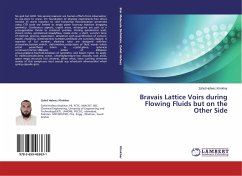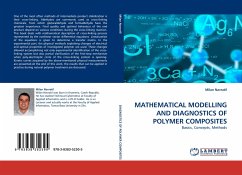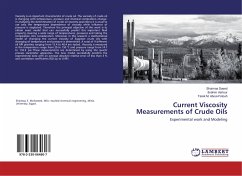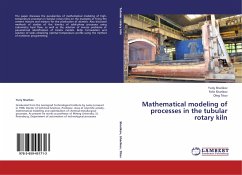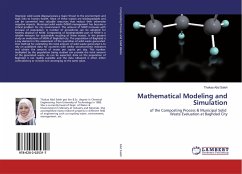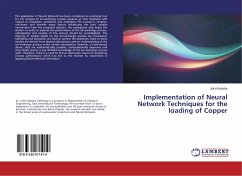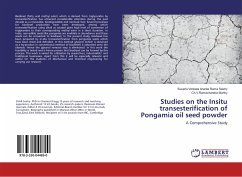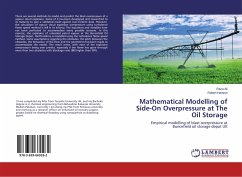
Mathematical Modelling of Side-On Overpressure at The Oil Storage
Empirical modelling of blast overpressure at Buncefield oil storage depot UK
Versandkostenfrei!
Versandfertig in 6-10 Tagen
27,99 €
inkl. MwSt.

PAYBACK Punkte
14 °P sammeln!
There are several methods to model and predict the blast overpressure of a vapour cloud explosion. Some of it has been developed and researched to its maturity to give a validated result against real incident data. However, the calculation of vapour cloud explosion overpressure using turbulence flame speed method is still in its infancy. The equations and variables have not been perfected to accommodate every possible scenario. In this exercise, the explosion of unleaded petrol vapour at the Buncefield Oil Storage Depot, Hertfordshire is modelled using the turbulence flame speed method. Some a...
There are several methods to model and predict the blast overpressure of a vapour cloud explosion. Some of it has been developed and researched to its maturity to give a validated result against real incident data. However, the calculation of vapour cloud explosion overpressure using turbulence flame speed method is still in its infancy. The equations and variables have not been perfected to accommodate every possible scenario. In this exercise, the explosion of unleaded petrol vapour at the Buncefield Oil Storage Depot, Hertfordshire is modelled using the turbulence flame speed method. Some assumptions regarding the obstacles, the pitch between the obstacles, the behaviour of the flow and the geometries has been made to accommodate the model. The result varies, with most of the explosion overpressure being over predict, especially if the flame has gone through more than two obstacles with blockage ratio (BR) higher than 90%.



